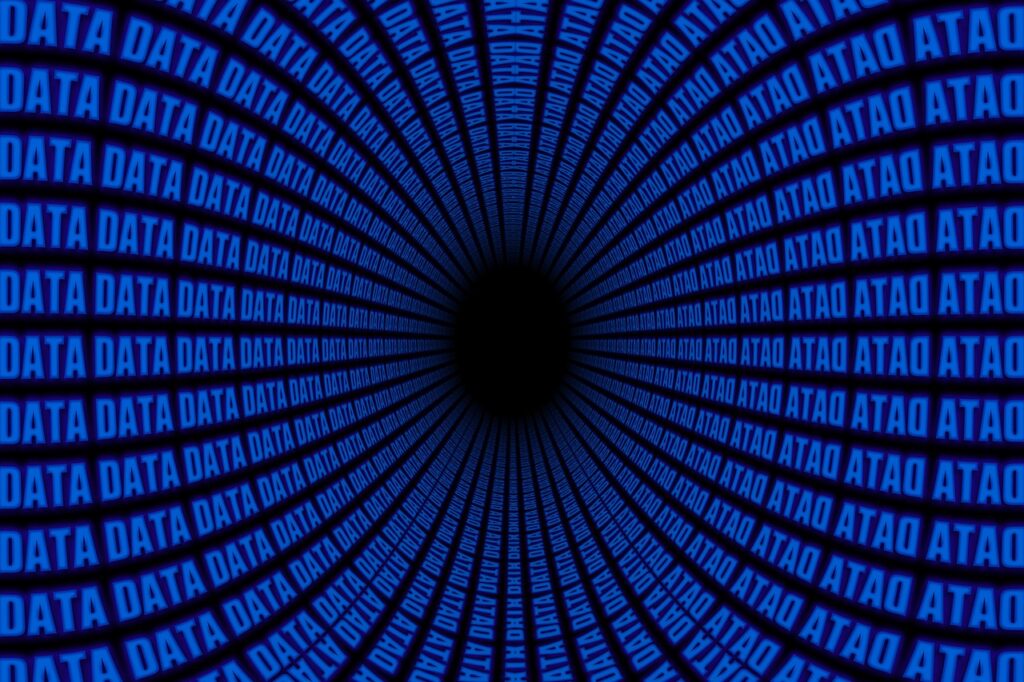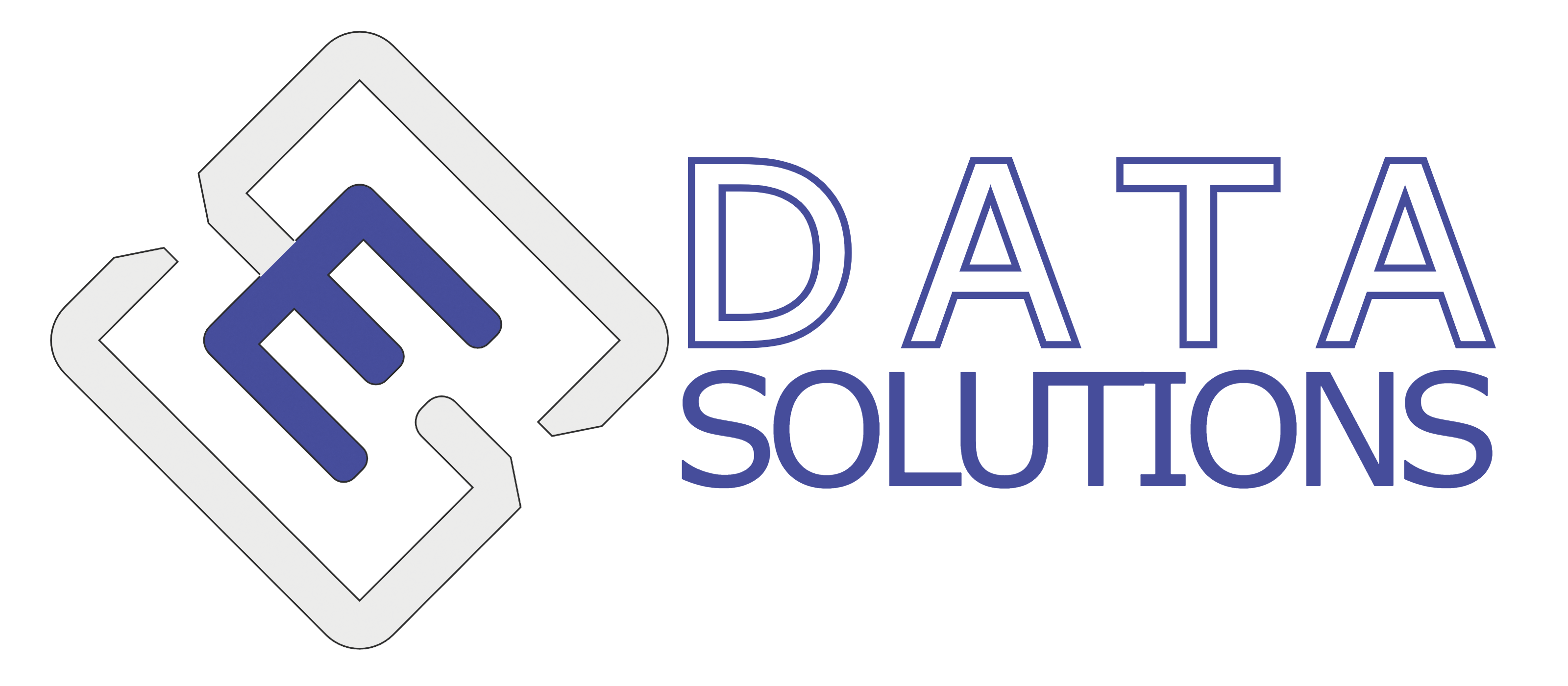
The aim of this training programme is to equip participants with the skills and knowledge to accurately and efficiently record data to ensure high-quality and reliable results. Proper data recording is crucial for maintaining data integrity, facilitating analysis, and deriving meaningful conclusions. This training will cover the best practices and techniques for recording data effectively across various contexts.
- Introduction to Data Recording
- Types of Data and Data Collection Methods:
- Understanding different types of data (quantitative vs. qualitative, primary vs. secondary).
- Overview of various data collection methods (surveys, experiments, observations, etc.).
- Data Recording Tools and Techniques:
- Introduction to tools for data recording, including digital and manual methods.
- Techniques for ensuring accuracy and consistency in data entry.
- Designing Data Recording Forms and Templates:
- How to design effective data recording forms and templates.
- Ensuring forms are user-friendly and capture all necessary information.
- Data Quality and Validation:
- Techniques for validating and verifying recorded data.
- Methods to check for and correct errors in data entry.
- Using Technology for Data Recording:
- Overview of software and applications for data recording.
- Practical sessions on using tools like Excel, Google Forms, and specialised data recording software.
- Best Practices in Data Management:
- Guidelines for organising and storing recorded data securely.
- Data privacy and ethical considerations in data recording.
Lectures: Detailed explanations of data recording concepts and techniques, supported by visual aids and real-world examples.
Hands-on Exercises: Practical exercises where participants use various tools and techniques to record data, validate entries, and ensure data quality.
Outcome:
- Have a comprehensive understanding of the importance of accurate data recording.
- Be proficient in using various tools and techniques for recording data.
- Be able to design effective data recording forms and templates.
- Understand methods for validating and ensuring the quality of recorded data.
- Gain confidence in using technology to facilitate accurate and efficient data recording.
- Be knowledgeable about best practices in data management and ethical considerations.

